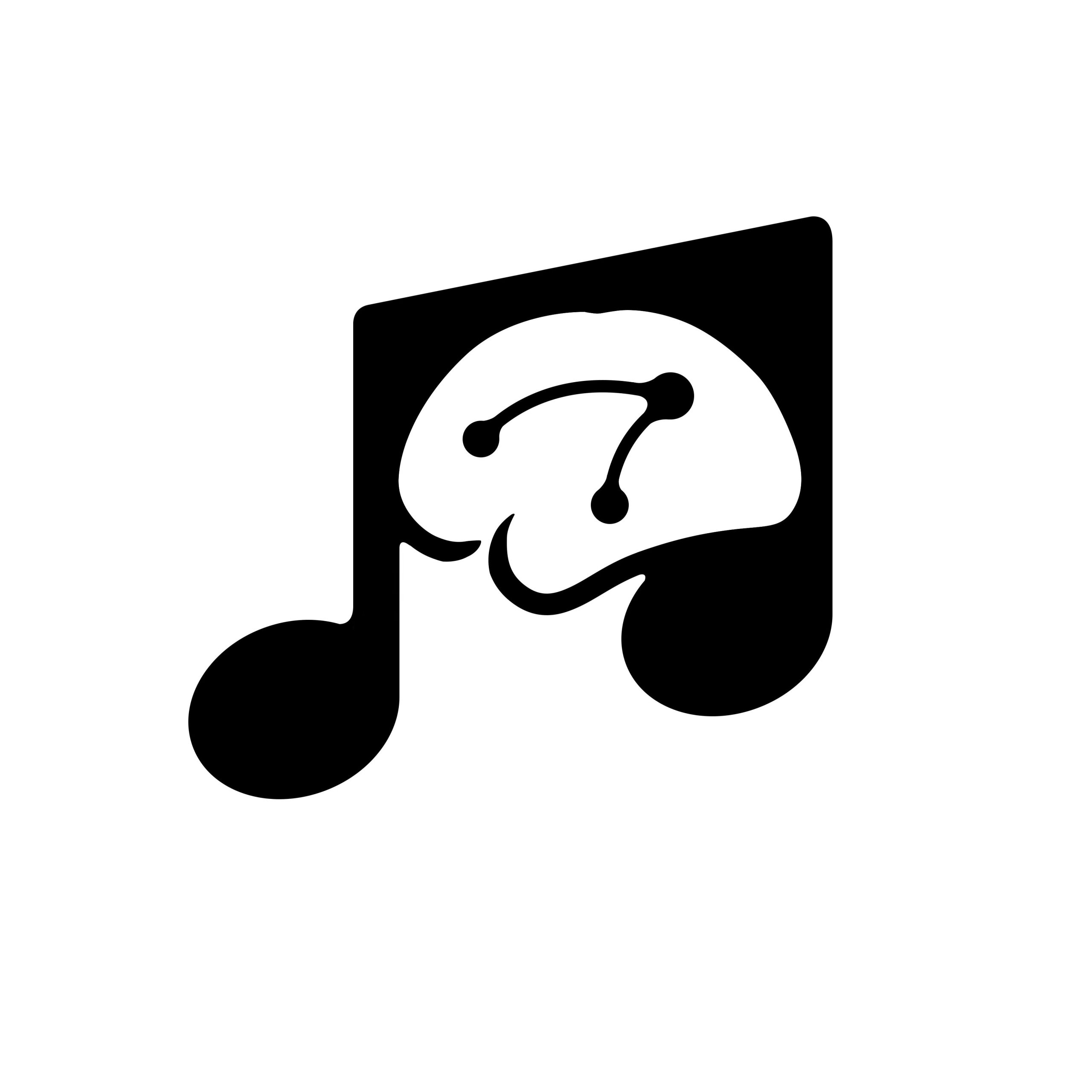
From August 4 to 8, 2025, the Second “Tsinghua Music and Brain Summer Workshop,” organized by Tsinghua Laboratory of Brain and Intelligence, was successfully held at Tsinghua University. The camp attracted 26 outstanding participants from 17 universities in China and abroad, including several young faculty members.

This year’s training camp continued the interdisciplinary spirit of the 2024 inaugural program, with clearer goals and content design:
- Cultivate talent in interdisciplinary music–brain science research — inviting musicians curious about brain science, as well as students with strong backgrounds in mathematics and engineering who also love music.
- Support young scholars at the start of their research journey — providing systematic training in neuroscience technologies and quantitative analysis methods for young faculty members interested in music–brain science, helping them to carry out independent research.
- Build research teams and methodological frameworks — imparting innovative experimental methods and research approaches through hands-on practice, laying the foundation for future collaboration.
Distinguished Faculty and Cross-Disciplinary Exchange
The camp invited seven experts from institutions including the Hebrew University of Jerusalem, Johns Hopkins University, Beihang University, the Institute of Automation at the Chinese Academy of Sciences, Tsinghua University, and Peking University. Lecturers included Professor Xiaoqin Wang, Israel Nelken, Juan Huang, Dangxiao Wang, Xindong Song, Dan Zhang, and Jing Chen. Renowned pianist Xiangdong Kong joined again, bringing unique humanistic perspectives and artistic sharing.

Theory and Practice Combined
Morning sessions covered core topics in music and brain science such as neuroscience principles, auditory perception, virtual reality, social neuroscience, and brain–computer interfaces. On the final day, Mr. Xiangdong Kong gave a lecture on “Music, Health, and Psychological Care,” performing an improvised therapeutic piano piece called the “Four-Tone Composition,” and interacting with participants to vividly demonstrate music’s potential in emotional regulation.
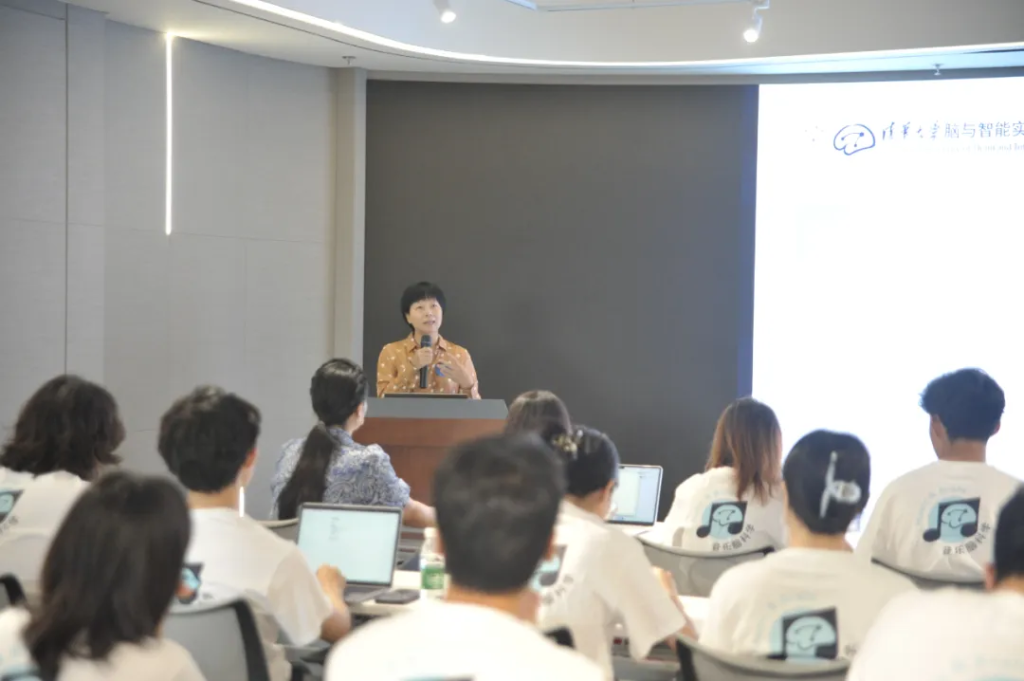

Afternoon sessions focused on hands-on experiments, where participants operated neuroscience experimental equipment themselves, joined in “musical ensemble and real-world music–brain experiments,” and experienced the entire process from data collection to analysis. Engineers from Huichuang Medical provided on-site guidance, enabling participants to quickly master both the principles and practical techniques of the equipment.
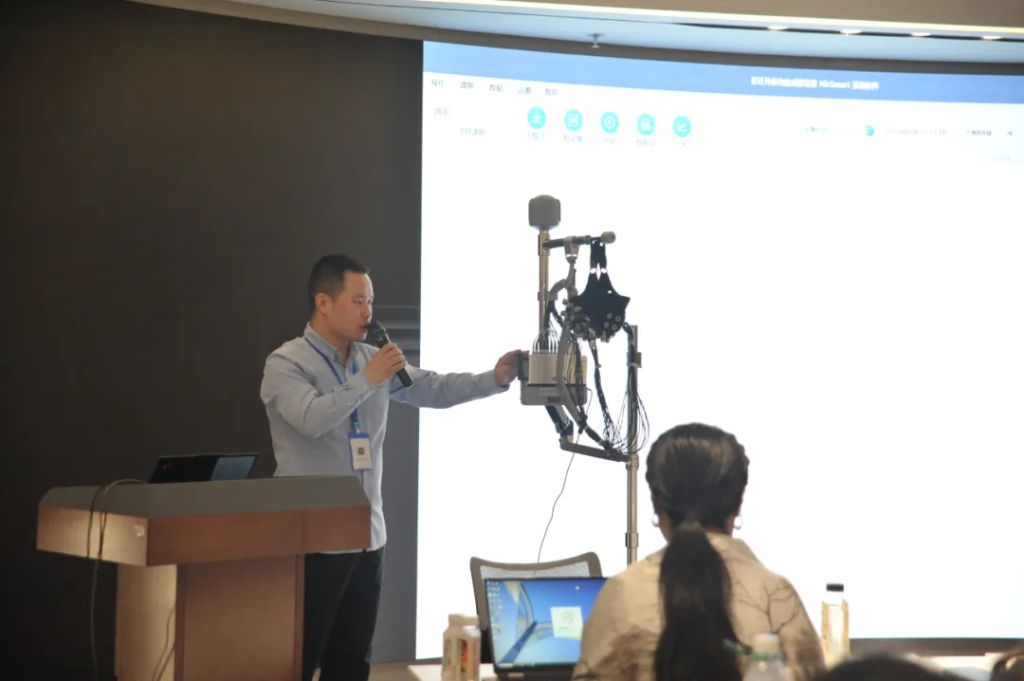
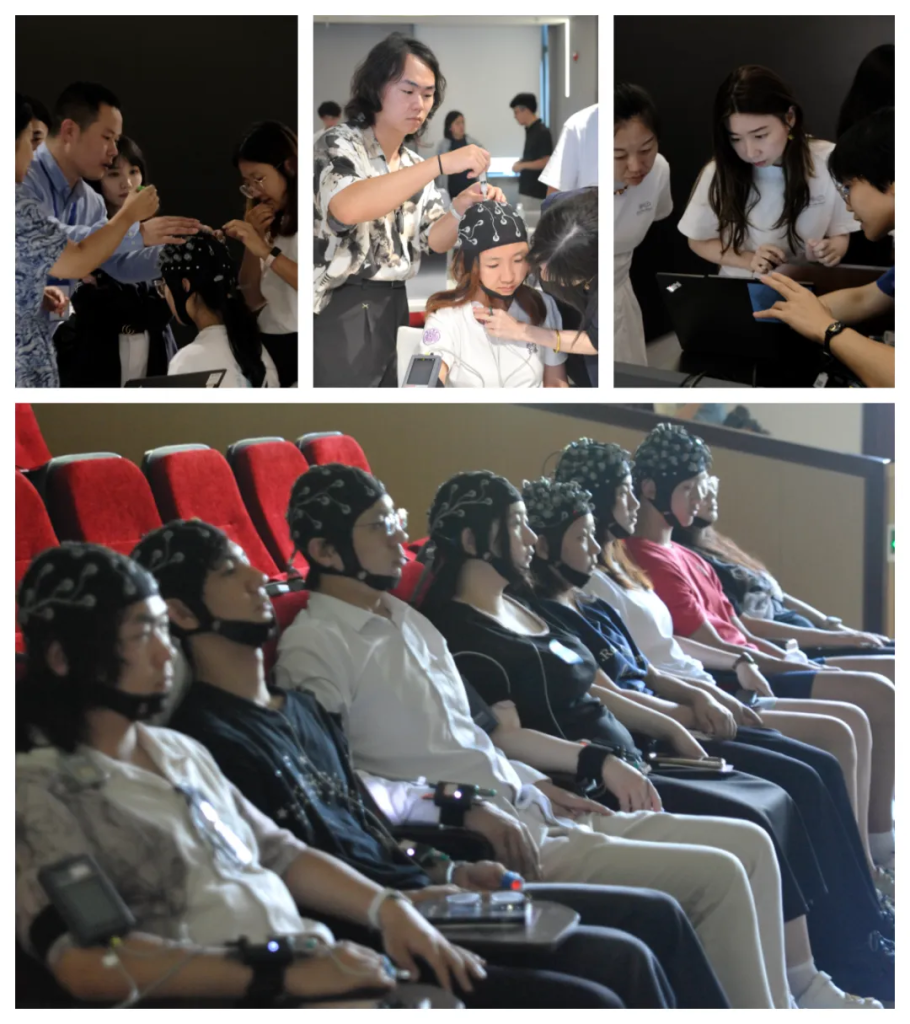
Intellectual Exchange and Cultural Fusion
The camp also organized mini-salons and participant roundtables, sparking lively discussions on topics such as Western and Chinese music, music therapy, and live concert hall experiments, generating cross-cultural understanding and inspiration. Informal “hometown and culture” interactive games helped participants from diverse backgrounds bond quickly, building trust and a foundation for collaboration in a relaxed atmosphere.
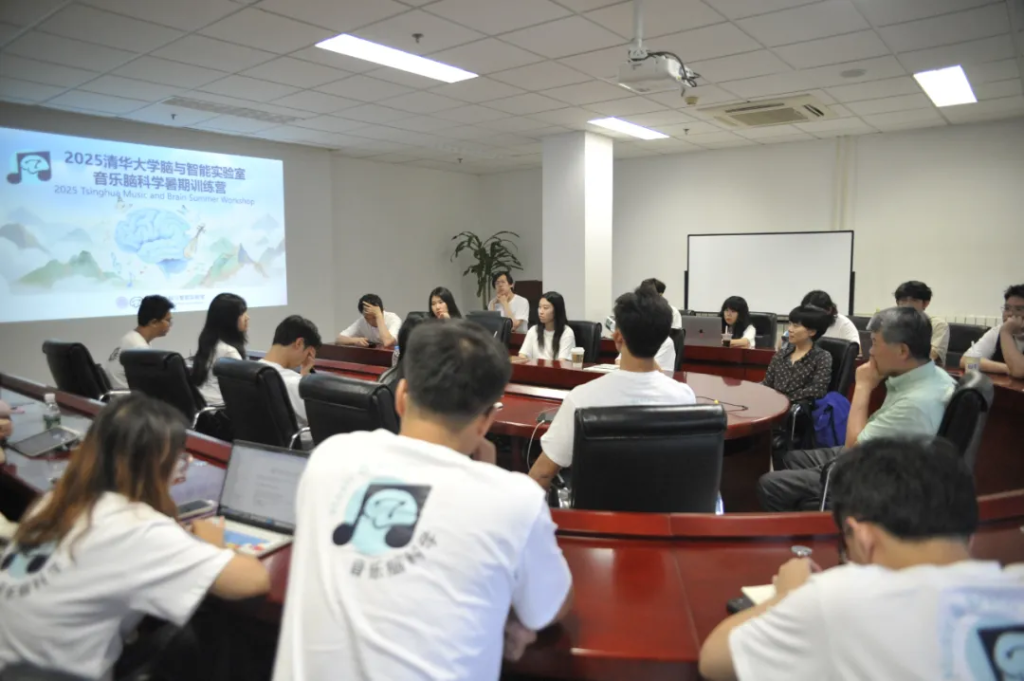
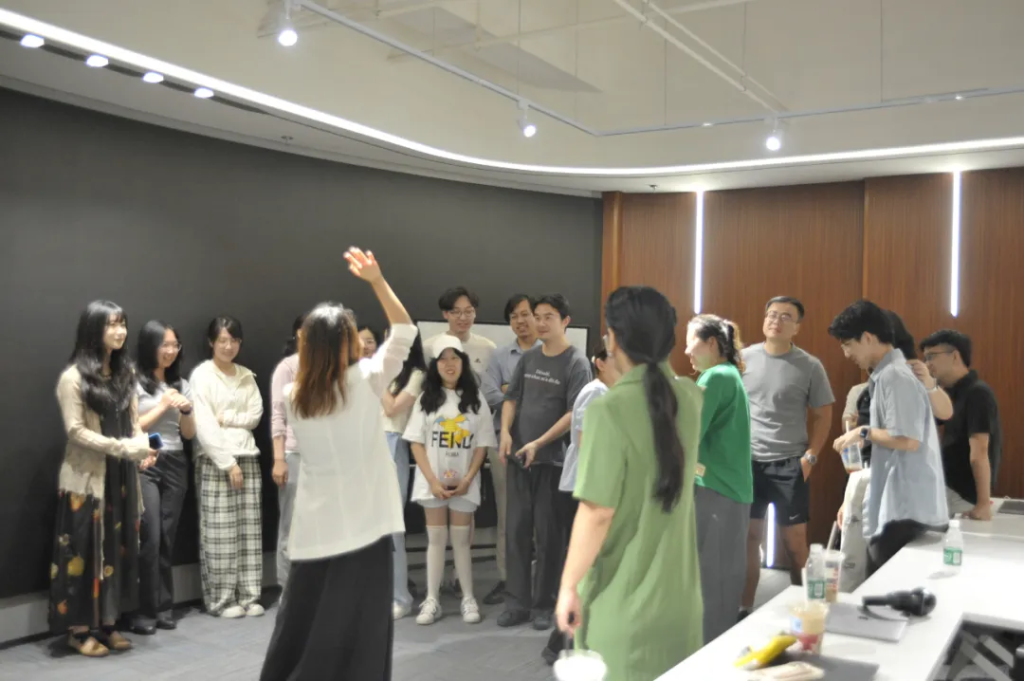
Science Meets Art — The “Scientific Concert”
On the evening of August 8, the closing event, the “Resonance of Heart and Brain” Scientific Concert, showcased a prototype of the “scientific concert” concept we had envisioned. On stage, scientific experiments and artistic performances unfolded simultaneously—multimodal data were collected from performers and audience members, while the audience immersed themselves in a fusion of Eastern and Western music. This format not only provided valuable data for scientific research but also allowed the public to directly experience the power of combining art and science, revealing music’s potential to touch the soul and influence emotions and brain activity.
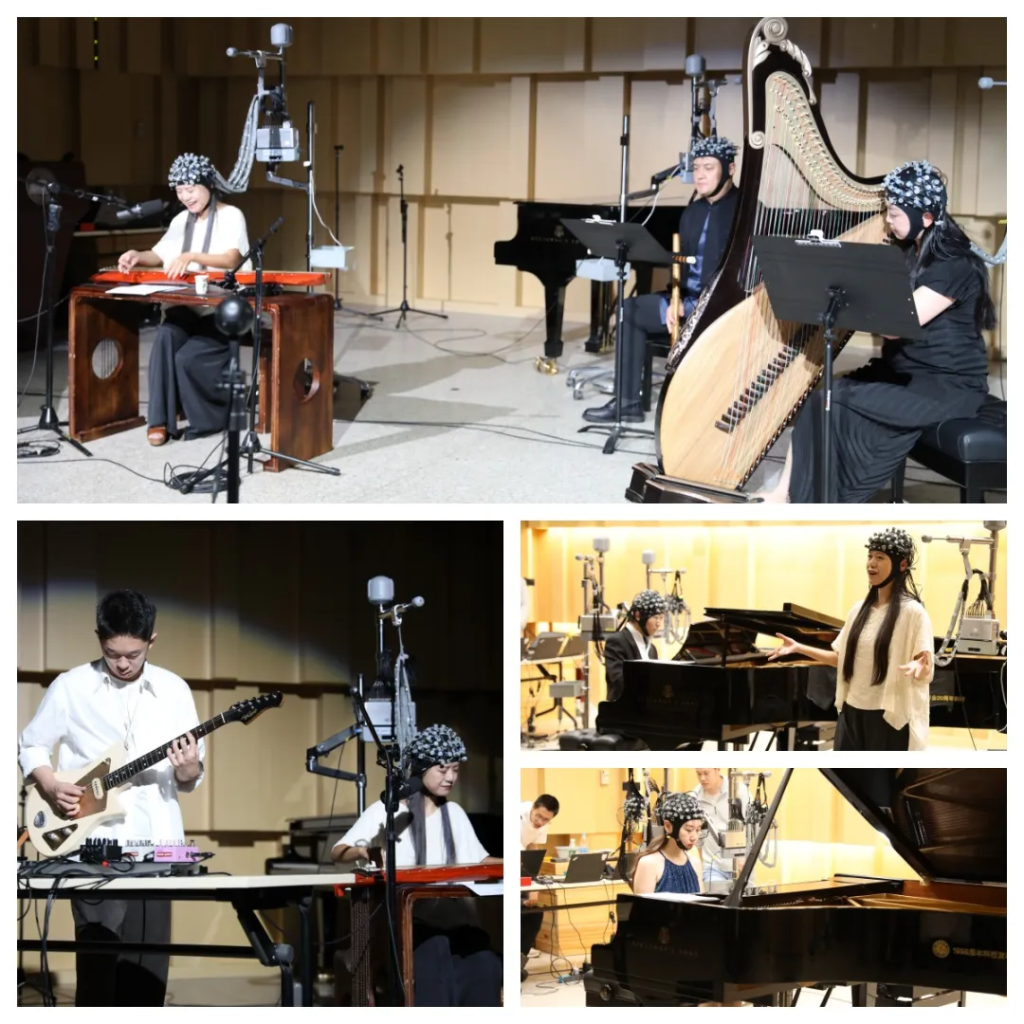

Seeds for the Future
At the closing ceremony, Professor Xiaoqin Wang, Director of the Brain and Intelligence Laboratory, presented certificates to participants and volunteers. Many participants expressed that they not only gained methods and skills but also clarified their future research directions. Some resolved to pursue further studies in related fields, while others hoped to integrate music and neuroscience into their existing research. We look forward to seeing these young scholars and artists carry forward the spirit of the camp, jointly advancing innovation in music and brain science.


- Contributors | Juan Huang, Wenyi Song
- Editing & Layout | Jing Gao, Jingyi Wang
- Review | Xiaoqin Wang, Weijie Guan
